Continuing the 25th session, on the afternoon of August 24, the National Assembly Standing Committee gave opinions on explaining, accepting and revising the draft Law on Real Estate Business (amended).
Presenting the report, Chairman of the National Assembly's Economic Committee Vu Hong Thanh said that one of the issues in the draft law that National Assembly deputies are interested in is real estate transactions through real estate trading floors.
Mr. Vu Hong Thanh stated that many opinions suggested not to make it mandatory but only to encourage real estate transactions through real estate trading floors. Some opinions agreed on the regulations on types of real estate transactions through real estate trading floors.

Chairman of the National Assembly's Economic Committee Vu Hong Thanh.
The Standing Committee of the Economic Committee found that the practical summary of the implementation of the 2014 Law on Real Estate Business shows that current real estate trading floors do not ensure transparency and do not ensure the legal safety of transactions because the real estate trading floor is a beneficiary in the transaction relationship.
The Chairman of the Economic Committee assessed that the requirement to transact through real estate trading floors is not consistent with the current legal system, hinders the freedom of business, has the potential to exploit legal provisions to monopolize and disrupt the market, and does not ensure the implementation of the task of developing a healthy, safe, and sustainable real estate market.
" In response to the opinions of National Assembly deputies, the draft law has been revised to remove regulations on real estate transactions through real estate trading floors to create favorable conditions for investors and customers to freely choose the transaction method ," said Mr. Vu Hong Thanh.
In addition, the draft law supplements the State's policy on real estate investment and business. Accordingly, "The State encourages organizations and individuals to conduct transactions of purchase, sale, transfer, lease-purchase, lease of houses, construction works and land use rights through real estate trading floors".
Regarding the issue of deposits in housing business and future construction projects, Chairman of the Economic Committee Vu Hong Thanh said that there are many different opinions on this regulation.
Specifically, some opinions agreed on the necessity of regulating deposits in the draft law; proposed to regulate specific contents on deposits in the draft law, other contents to be implemented according to the Civil Code; regulate more strictly and specifically to protect customers' rights.
Some opinions say that the provisions in the draft law are unnecessary because then it is possible to sign a sales contract; it is proposed to add a deposit provision to ensure the contract is signed before the time when the housing and construction works formed in the future are eligible to be put into business.
There is also consensus that deposits should only be accepted when the house or construction project meets the conditions for putting it into business as in the draft law.
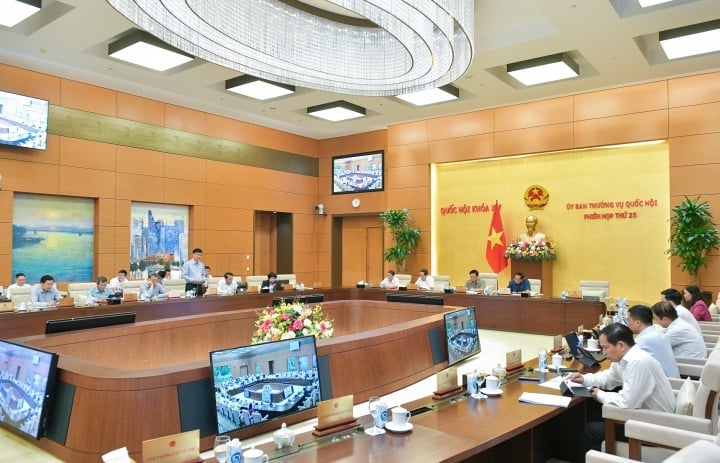
Overview of the meeting.
Regarding this content, Mr. Vu Hong Thanh said that the draft law offers two options.
Option 1 stipulates that real estate project investors can only collect deposits according to the agreement with customers when the project has a basic design appraised by a state agency and the investor has one of the documents on land use rights.
The deposit agreement must clearly state the selling price, lease-purchase price of the house or construction work, and the deposit amount must not exceed 10% of the selling price, lease-purchase price of the house or construction work.
Option 2 stipulates that real estate project investors are only allowed to collect deposits from customers when the houses and construction works have met all conditions for being put into business and have conducted transactions in accordance with the provisions of this law.
" The Standing Committee of the Economic Committee chose option 1, because if the regulation requires the completion of financial obligations regarding the project's land, the transferred project part while the transferring investor no longer has the financial capacity or no longer wishes to continue will cause the project to be delayed, become bad debt and not ensure customer rights ," said Mr. Vu Hong Thanh.
According to the Chairman of the Economic Committee, with option 2, allowing deposit collection when "the house or construction work has met all the conditions for putting into business and has conducted transactions in accordance with the provisions of this Law" will no longer have the meaning of a deposit but essentially become a contract payment according to progress.
English
Source



![[Photo] Readers line up to visit the photo exhibition and receive a special publication commemorating the 135th birthday of President Ho Chi Minh at Nhan Dan Newspaper](https://vphoto.vietnam.vn/thumb/1200x675/vietnam/resource/IMAGE/2025/5/17/85b3197fc6bd43e6a9ee4db15101005b)

![[Photo] Prime Minister Pham Minh Chinh chairs meeting on science and technology development](https://vphoto.vietnam.vn/thumb/1200x675/vietnam/resource/IMAGE/2025/5/17/ae80dd74c384439789b12013c738a045)

![[Photo] More than 17,000 candidates participate in the 2025 SPT Competency Assessment Test of Hanoi National University of Education](https://vphoto.vietnam.vn/thumb/1200x675/vietnam/resource/IMAGE/2025/5/17/e538d9a1636c407cbb211b314e6303fd)
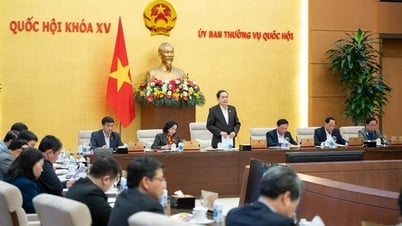

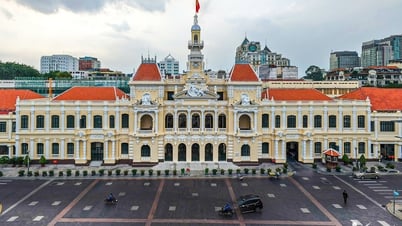

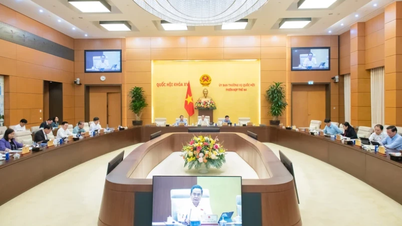

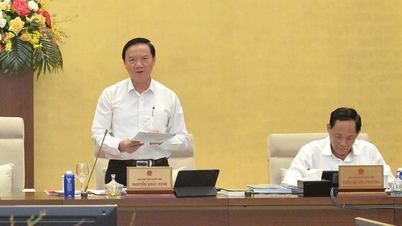

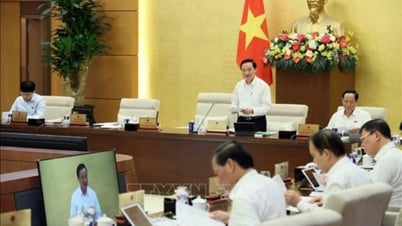
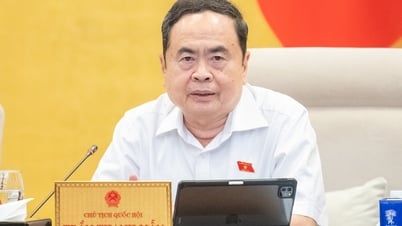














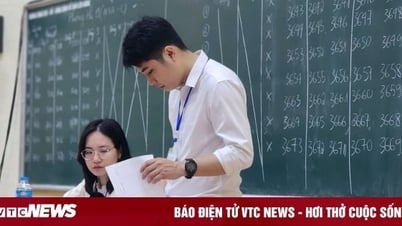



![[Photo] Nearly 3,000 students moved by stories about soldiers](https://vphoto.vietnam.vn/thumb/1200x675/vietnam/resource/IMAGE/2025/5/17/21da57c8241e42438b423eaa37215e0e)



















































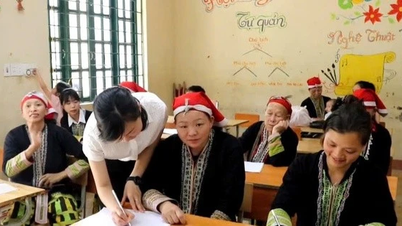





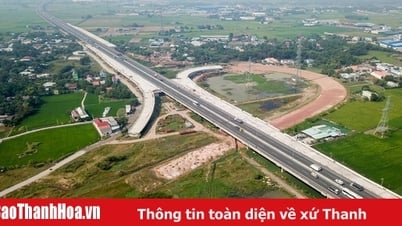











Comment (0)